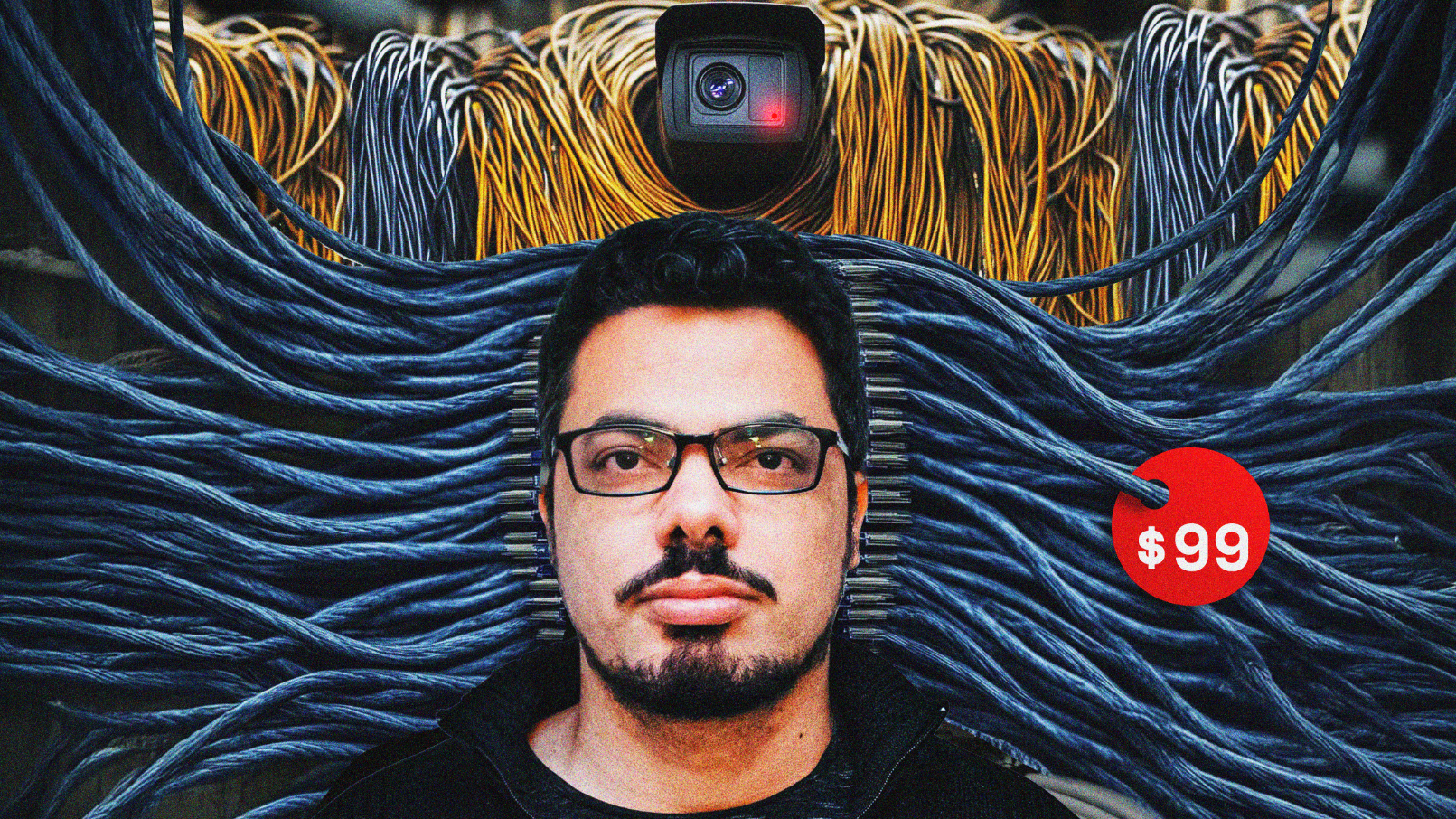
Surveillance Pricing—Coming to a Store Near You!
The price of strawberries, diapers, clothing, or medicine shouldn’t change depending on who buys them. But Big Tech and its corporate allies disagree. Companies are deploying a new approach to price gouging. By gathering tons of your personal information, building a profile from your data, then using AI to predict the highest price you will pay for a product—they plan to show each customer a different price tag. This dystopian nightmare of surveillance pricing is already becoming a reality, full of unprecedented opportunities to charge more and discriminate against marginalized people. Tell retailers that you won’t buy while they manipulate and spy!
What’s Happening
With surveillance pricing, companies can use individualized consumer data to decide exactly whose price to raise and when, leaving you vulnerable to price gouging on basic necessities.
Companies engaged in surveillance pricing will invade your privacy so they can charge you higher prices. Every scrap of personal information, from your medical history to your family’s movements in the grocery store, will be harvested to build a behavioral profile. Their pitch to retailers is to predict what you want, and how much they can get away with charging you for it, even before you know the answers to these questions. Even if they can make good on this dubious promise, what they are offering to consumers is less privacy, higher prices, and automated discrimination.
How much will they gouge an exhausted single mom for the only breakfast cereal her toddler will eat? We don’t think they have the right to individualize prices at all.
A Data Privacy Nightmare
Surveillance pricing provides a financial incentive for companies to gather more of your personal data than ever before. These corporations hoarding vast troves of our personal data make security breaches all the more dangerous—but even when your data isn’t being stolen, we know Big Tech can’t be trusted with it. For example, Meta has admitted to engaging in illegal housing discrimination by allowing landlords to choose who sees ads based on the race and ethnicity of the user.
Protecting even your most sensitive data from abuse can be incredibly challenging, as a woman in Connecticut discovered to her horror when she began receiving advertisements in the mail for cremation services after she completed chemotherapy. A data broker allegedly accessed her medical records and then added her to a marketing list for people with terminal illness. Big Tech wants to use the same private surveillance ecosystem that placed cremation fliers in her mailbox to find and exploit your financial vulnerabilities.
Especially Harmful for Vulnerable People
Big Tech wants to abolish uniform prices so they can exploit marginalized people. We already know that retailers charge higher prices in low income neighborhoods: surveillance pricing promises to supercharge this regressive price discrimination. Such practices would reinforce already high prices in food deserts and allow those prices to follow community members into any store they enter, such as when they travel to stock up on essentials not available in their neighborhood.
Let’s say you live with celiac disease and must avoid gluten. Retailers engaging in surveillance pricing could easily gather data on your life-threatening allergy and then charge you more for gluten free products, just because they can. And you may not even know that it’s happening. This is a clear violation of your rights, but it’s unclear whether the law is ready to protect you from this kind of threat. Companies profiting by exploiting your most sensitive data is the inevitable outcome of surveillance pricing.
Surveillance Pricing is Already Here
Surveillance pricing is already spreading to brick-and-mortar stores: if Big Tech gets its way, there will be no escape. Digital loyalty programs, which provide individualized coupons, are the seemingly innocuous first step in this process.
But the cost of temporarily lower prices will be handing over more of your personal data to unaccountable tech companies with a history of civil rights abuses and lax security. This data will eventually be used against you to determine the highest price you will pay and charge you that price. Many of us have already seen the electronic shelf tags in stores like Walmart or Amazon’s Whole Foods. If this technology is ever fully implemented in stores, they will use invasive, and famously inaccurate, AI analysis like facial and emotion recognition on customers of all ages. Unless we act now to stop surveillance pricing, it’s only a matter of time before it’s everywhere.
Uber has allegedly charged customers with low battery power more for the same rides as people with fully charged phones. This case highlights the essentially exploitative nature of surveillance pricing: it is about finding and abusing your vulnerabilities.
We must tell corporations we won’t accept a future of limitless surveillance and micro-targeted price gouging!
